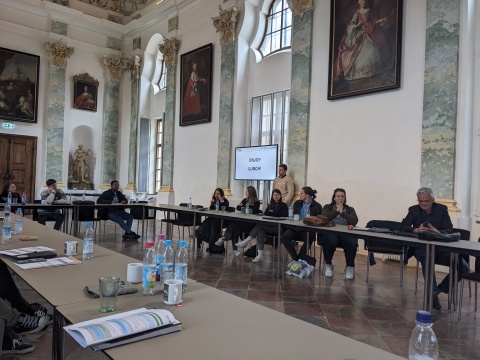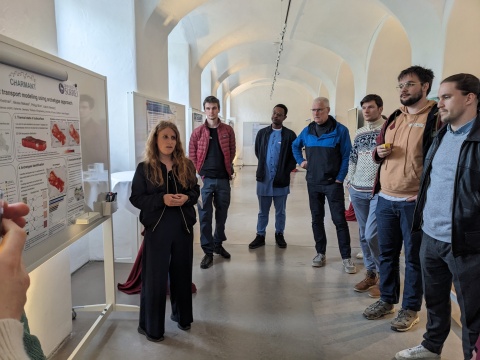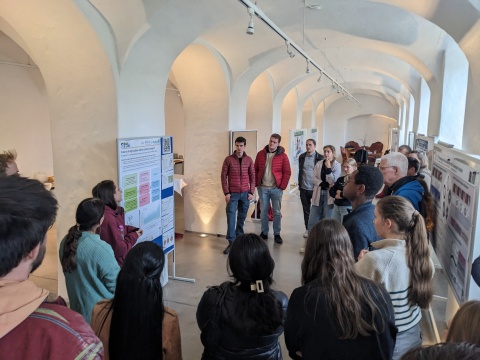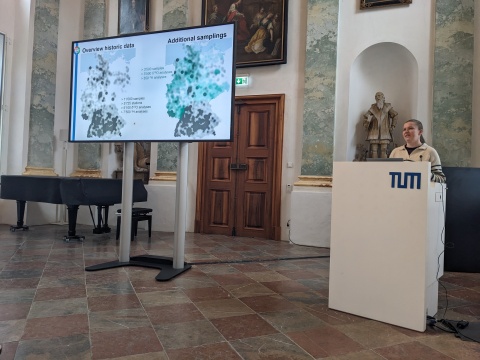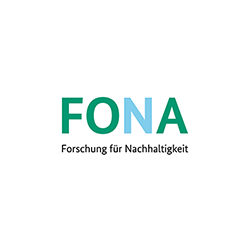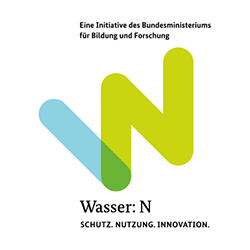Young researchers discuss the topic of groundwater
The first LURCH Summer School took place on 8 and 9 May 2025. The aim of the Summer School was to bring together the young researchers involved in the BMBF's LURCH funding programme. The Summer School also offered them the opportunity to share their exciting research in plenary sessions and to discuss problems and solutions in sustainable groundwater management.
After Florian Einsiedel (TU Munich) and Sarah Fieger (DECHEMA e.V.) had opened the event, the first session ‘Groundwater Quality: PFAS and Denitrification’ began. PFAS, which are also known as “'forever chemicals”' and have properties that are harmful to health and the environment, are currently the subject of increasing public debate. The first findings in the environmental samples analysed are particularly interesting: The PFAS concentrations found are already exceeding the maximum permissible concentration specified by the EU and the USA. Our young researchers are therefore working on ways to remove PFAS from the environmental samples and immobilise them in order to prevent their further spread. In order to reduce nitrate pollution in groundwater, one of the projects is also working on microbial communities that cause denitrification and thus remove the nitrate.
The second session ‘Groundwater Quantity’ of the first day was opened by Thomas Baumann (TU Munich) with a keynote speech on ‘Co-management of floods and droughts - an adaptation strategy for climate change?’. This was followed by presentations on the interaction of surface waters with groundwater and on climate modelling of the future situation of water resources.
Culture was not neglected either: our participants had the opportunity to take part in a boat trip followed by a tour of the ‘longest castle in the world’.
The first day ended with a lively poster session.
Day two started with the keynote lecture ‘Hydrogeologic field testing in research - legal area of conflict’ by Matthias Alte (Base Technologies GmbH), who gave insights into the legal basis and correct procedure and processing of permits for projects. This was followed by the session ‘Sustainable Groundwater Management: Stable Isotopes for hydrogeological analyses’. This session highlighted the challenges that science is currently facing. For example, much of the required data is not accessible or is available in a non-standardised format, which makes it difficult to compare data and slows down the processing of issues.
The last session, ‘Sustainable Groundwater Management: Groundwater Ecology’, focussed on the effects of anthropogenic influences on groundwater fauna. In addition, it was discussed how these findings can be integrated into urban spatial planning for a sustainable future. There is currently no data available on how a disturbed groundwater fauna will affect the groundwater ecosystem. This makes research on this topic even more interesting and important.
We would like to thank all speakers and keynote speakers for their excellent presentations and all participants for the exciting technical discussions!
Keynote - Hydrogeologic field testing in research - (legal) area conflict
Field Application of Activated Carbon for PFAS Immobilisationin Agricultural Soil
What data is needed to build an isoscape for a country?
Natural and anthropogenic impacts on urban groundwater fauna
Integrating Groundwater Ecology into Urban Spatial Planning
Assessing the Future State of Groundwater Resources on a Regional Scale
Picture Gallery
Pictures @LURCHPlus and @Thomas Baumann

.jpg)
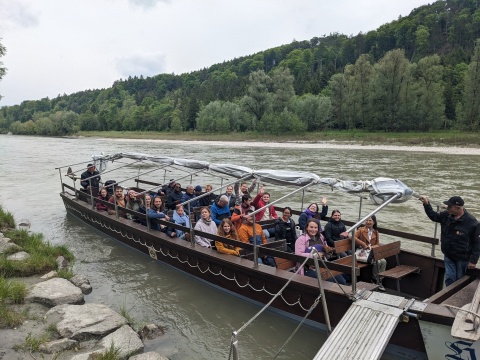
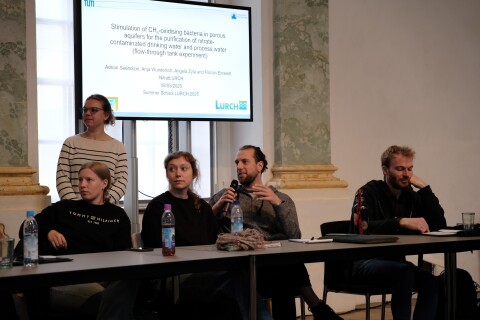
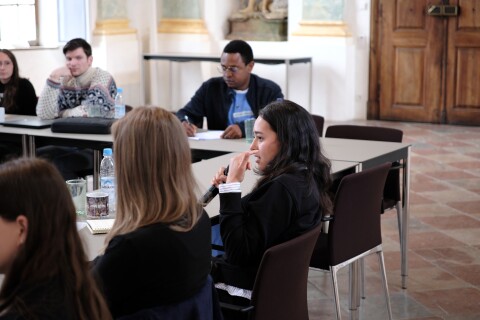
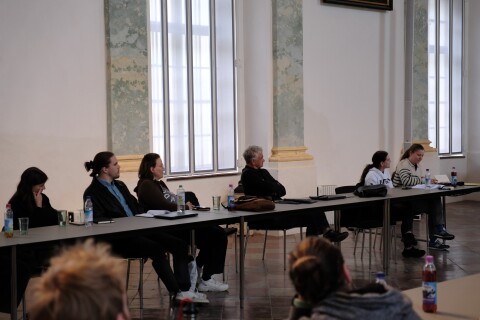

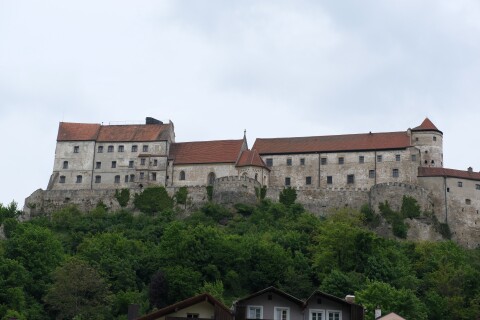
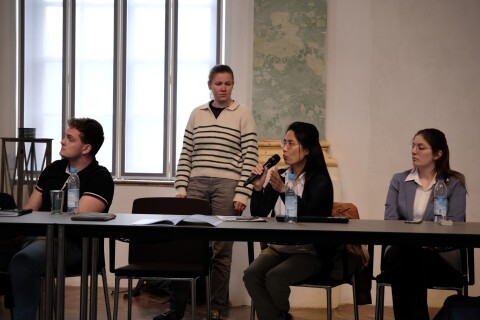
.jpg)
.jpg)
.jpg)
.jpg)
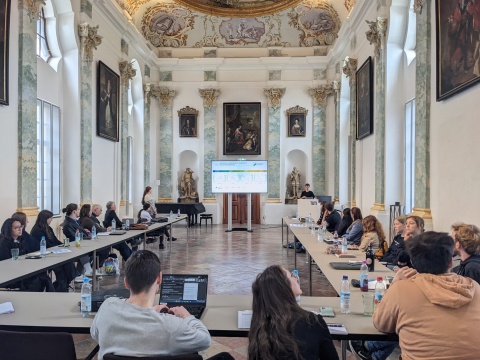
.jpg)
.jpg)
